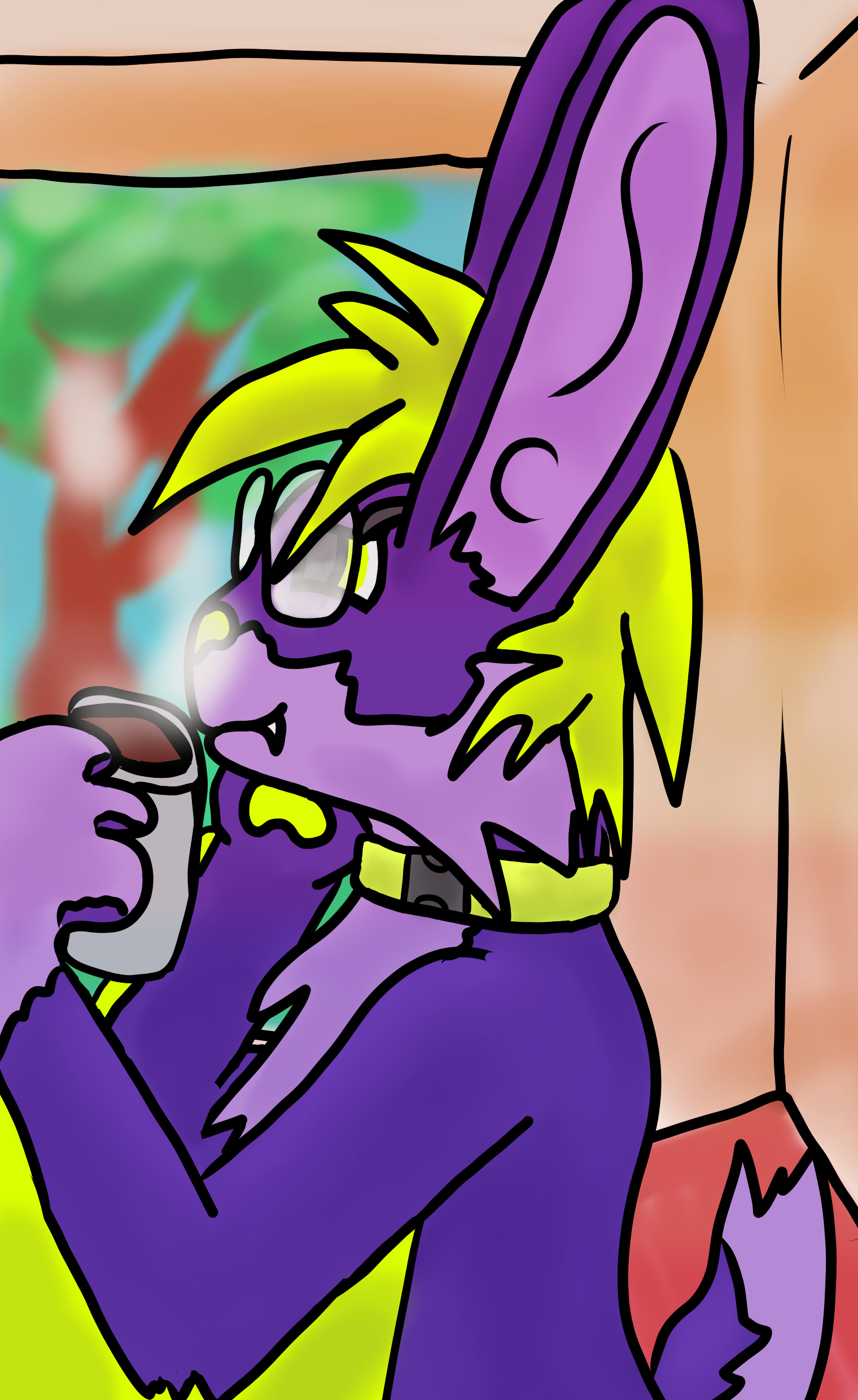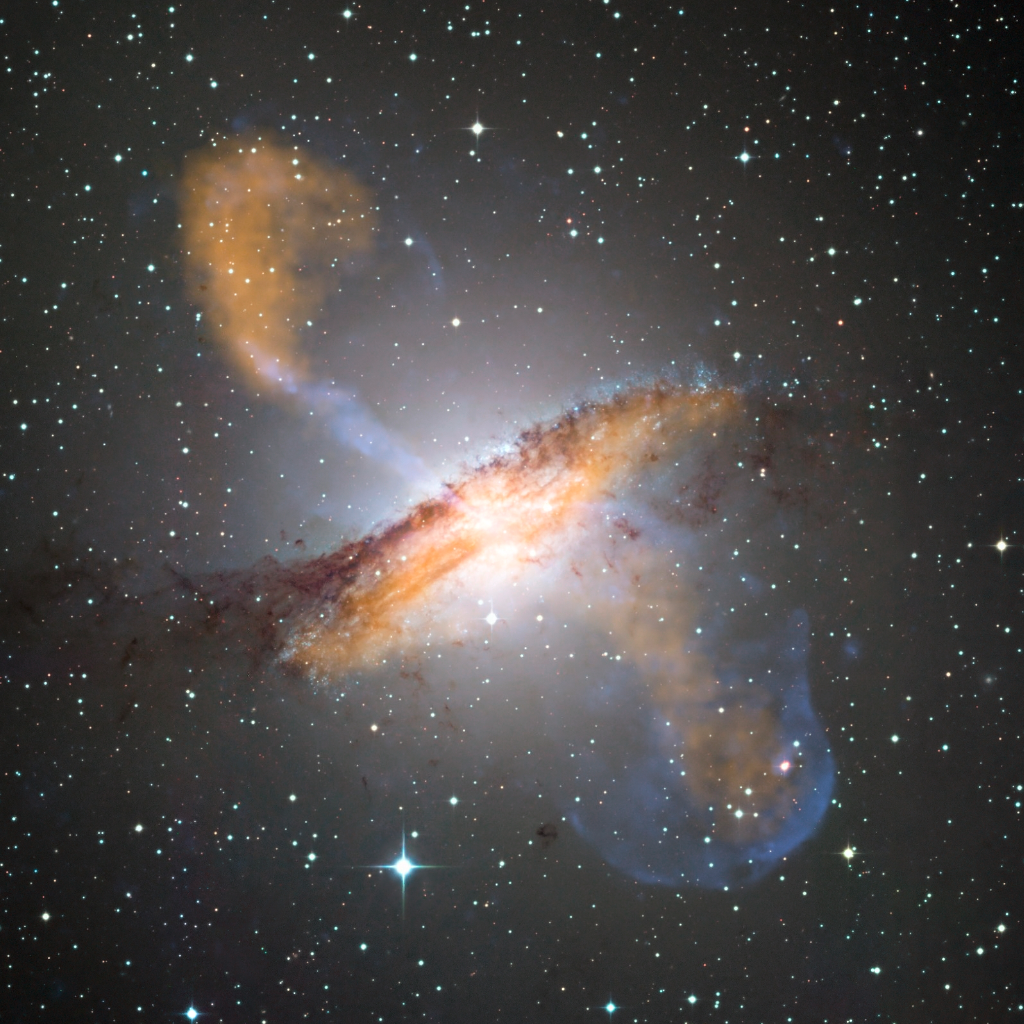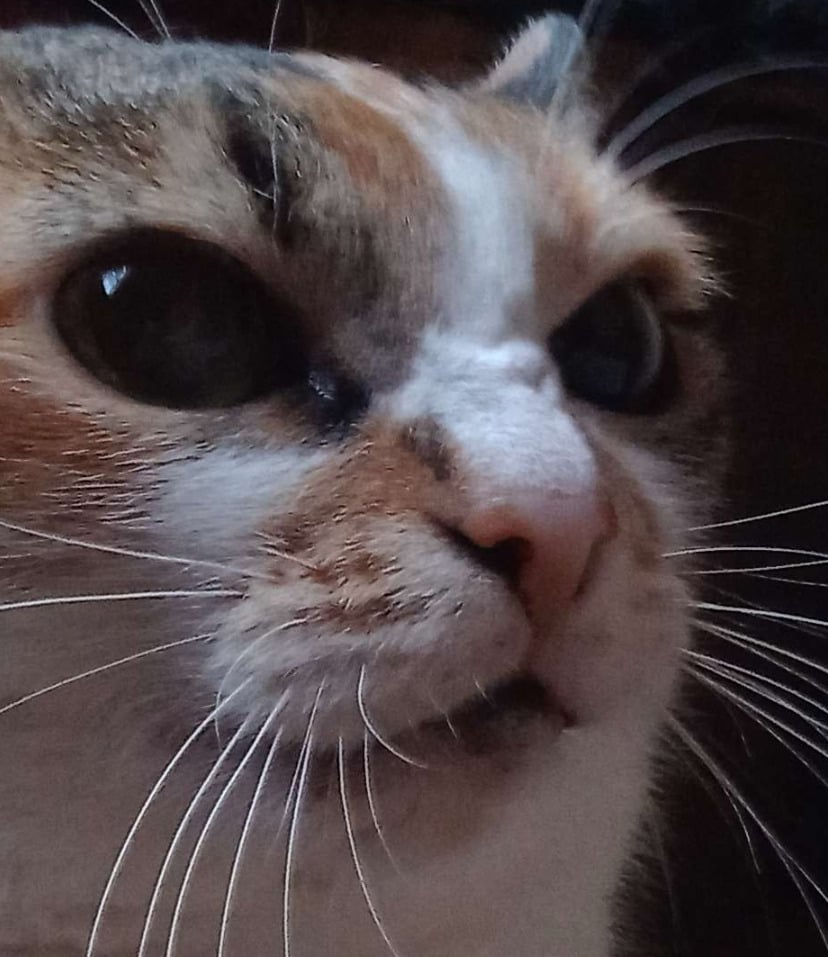Another fun fact about plant naming conventions: all lettuces* are the same species
*except wild lettuce but nobody really considers that a lettuce. Still, I guess it would be more correct to say all of the food lettuces are the same species.
Irrelevant side quest that I went on while double checking this: DuckDuckGo now forwards some search queries to their chatGPT wrapper, which prompted (pun intended) the following interaction:

It’s a bit clearer in french; “weed” is “mauvaise herbe” which literally translates to “bad herb/grass”.
My co-workers call me weed I think it’s because I’m tenacious. So much in fact I have a meeting with HR on Monday probably a pay rise
How about honeysuckle vs trumpet vine? Both grow like hell, invasively, where I live. One is a tasty and pleasant treat when flowering. The other is just… there, growing. A lot.
Same rules apply. If you don’t want it there, it’s a weed. If you don’t mind it being there, it isn’t.
am i not supposed to want weed around?
Weeds are just highly successful flowers that have earned resentment from others.
i call this the weed paradox.
even though weeds grow unassisted. it is impossible for everyone to grow weeds in their garden. for is they try, they are no longer weeds
A weed is whatever your HOA says it is.
A HOA is a weed.
OOP is the author of something like seven published novels, one of which has been adapted into a movie and another of which may soon be made into a streaming series. Never feel embarrassed to say what you learned today.
It’s easy when you didn’t know something that is completely reasonable not to know, like in this example, but it’s always good to admit your ignorance.
The general definition of a weed is “any plant growing where you don’t want it to be”. A corn plant in a bean field is a terrible weed.
what the hell is a bean field? also beans are great with corn they climb the stalks, also have squash, then boom you have the so called three sisters.
Bush beans are a thing? Soybeans don’t climb either, and it’s the most common bean grown in the US.
oh I’ve only grown vine beans. The ones I have that were originally smuggled when all the invasive species were brought in grow easily 10+ feet high and any I can’t reach are left to dry on the vine at the end of the season and the poles are toppled to grab them
I suspect that’s one of the reasons they’re grown in greenhouses commercially. They use a lift to pick, and it’s easier to drive over pavement than dirt.
I am aware of, and deeply intrigued by, the three sisters method. It’s just not a commercially viable method of growing those crops; I don’t know what the harvest would look like.
We need to grow a lot more industrial hemp, but I’m afraid that’s a bit of a pipe dream unless we change…literally everything.
We have neighbors with tons of hemp bales mouldering in the field because the processors won’t take them because they don’t have anywhere to sell them to. Maybe it’s incompetence, or maybe the hemp hype isn’t all it’s cracked up to be. There aren’t a lot of people willing to grow it anymore.
Never heard of the battle of the beanfield?
Weeds is just the gardening term for “their kind”.
“you people”
Fun fact: the name for a weed in my native language is literally “angry grass” :3
Unkraut in German. Doesn’t deserve to be called a Kraut.
Similar in Norwegian: Ugress. Un-grass.
I’ve heard one definition of it that I like: The grass that your (grazing) animals won’t eat.
Oh man. I have known this word as the name of an electronica music project for many years. Now I know what it means (never bothered to look it up. )
Ogräs in swedish, gräs is herb and the O is like making it not-grass.
Röka gräs is smoking weed though so suddenly it’s getting the good treatment.
Herb is ört in Swedish. Gräs is better translated as grass, so ogräs is non-grass. This also enables a funny way to insult someone’s lawn – since lawn is gräsmatta (grass carpet) – by calling it an ogräsmatta.
So technically all non-Germans are Unkrauts! I‘m incorporating this word.
I know where you are coming from, but as a German calling someone „Unkraut“ has a very dehumanizing sound and was used by nazis to classify people they wanted to murder. Example: https://www.deutsche-digitale-bibliothek.de/item/6SLYFZ3ZSAWYUJX26V4EXWYGFZBI7ZFH
„However, it would have to become the task of the Inner Mission… to clear God’s field of this Unkraut“: women as victims of forced serialisation and “euthanasia” under National Socialism
What happend next is posted daily by https://mastodon.world/@auschwitzmuseum So you might want to skip this.
Um… Ok you might have saved me from a few faux passes.
Happy to help!
deleted by creator
In Swedish the prefix for bad stuff is the same as the prefix for not or un-. So a monster is a not-animal and a weed is ungrass. Which is especially interesting to me because that same prefix (o) is for better versions of things in Japanese.
e: This got me thinking about “plant,” and I realized it’s literally the verb to plant. In Swedish it’s a growth, or thing that grew. Japanese and Chinese: planted thing. Spanish is also the same as the verb. I feel kinda bad we mostly talk about them in terms of farming them rather than giving them a proper name. Like if they get sentient someday, plant will probably be considered a slur.
that same prefix (o) is for better versions of things in Japanese.
Puts on nerd glasses well ackshually it’s used to elevate the status of something, such as with people, objects or other entities of social or religious significance (for example other people’s family members in a polite situation). It’s more honored than better.
I don’t love the honor translation partially because it’s been used in racist caricature, but also because it’s often inaccurate. Like you might say ohana because you’re in an extremely formal interaction, or because you want to sound poetic or whatever, but you’re not actually saying “honorable flowers” usually. You can mean that though. I feel like it’s too context-sensitive and culturally nuanced for simple translation.
Like you might say ohana because you’re in an extremely formal interaction, or because you want to sound poetic or whatever, but you’re not actually saying “honorable flowers” usually.
I think the most common instance would be simply wanting to sound cute.
I love it, what language is that?
Lithuanian :3
Very :3pilled
:3 and UwU are my personality at this point x3
My guess was correct, based only on the translation of piktžolė lol.
The French name for weed could be translated to “bad/wrong grass”
I think this is something I might be too French-Canadian to understand, here we’d call it “pot” or perhaps “herbe”, both of which don’t translate to “bad grass”.
Unless overseas “herbe” translates to weed. We use it pretty interchangeably with “gazon” (which just means grass)
“Mauvaises herbes” this is the word I was thinking about.
Erbaccia in Italian, bad/ugly grass
Mine translates to “bad grass” in both my mother languages.
Seems to be a pattern :3
yeah, that both have a lot of words translated from each other xD
Just wait until he finds out about “tree”
Any kind of twig that’s not a shrub?
A nice one, and not too expensive.
Clean and reasonably priced
Ni
Oh, what sad times are these when passing ruffians can say, “Ni” at will to old ladies!
Nuu, nuu!
Or “fish”
Or “fruit”
Or ‘vegetable’
The idea of “weeds” is a colonialist construct.
In Spanish we call them “malas hierbas”
In German it’s “Unkraut” which could either be interpreted as “not herb”, “abnormal herb” or “evil herb”. Is the range similar in Spanish?
Other than the “not” part, yeah. “Mala” is bad, wrong, evil, wicked, ill, naughty, etc.
(Checked this to confirm before I posted, since it’s been several years since I’ve known Spanish well enough to speak it.)
Estonian is umbrohi which is kind of like “not grass” so pretty similar to Deutsch here
Isn’t hierba buena mint? Everything else must be hierba neutra then
In french, it’s similar: “mauvaises herbes”
And I think that’s beautiful.
I learnt from Animal Crossing that it was “Malezas”
https://es.wikipedia.org/wiki/Maleza
La maleza, mala hierba, hierba mala, yuyo, planta arvense, adventicia o planta adventicia, planta espontánea o planta indeseable
“Mala hierba nunca muere” is also a fun saying
Some countries in Latin America call it maleza and others do not
Maleza is more like a thicket or lots of malas hierbas.
https://dle.rae.es/maleza?m=form
But now I see that in some countries is synonymous with mala hierba, I didn’t know that.














